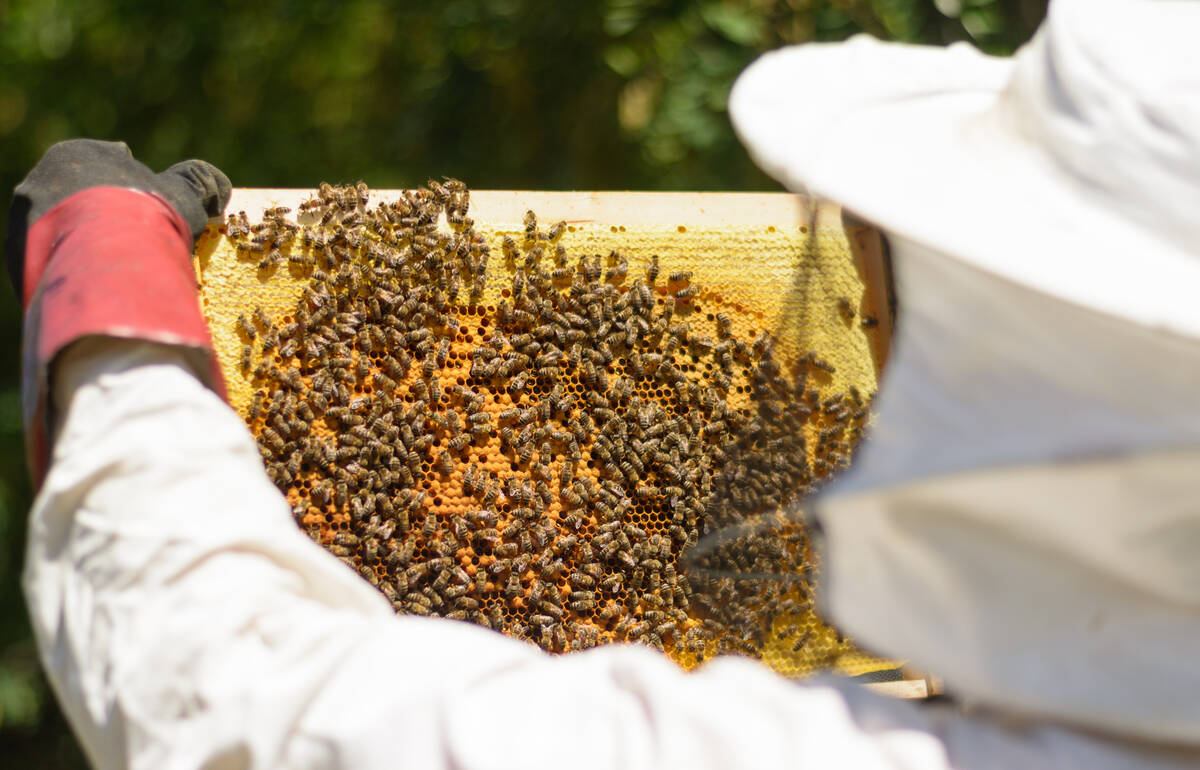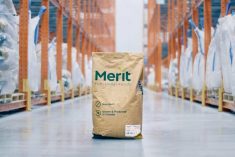Manitoba agri-food processors will soon be able to access Burcon’s protein processing equipment to help get their food products to market.
Burcon NutraScience Corporation, which focuses on plant proteins and ingredients for the food and beverage sector, says it will offer start-to-finish product development services for processors.
“We saw that gap in the industry and we’re offering what we feel will fill that gap,” said Martin Schweizer, Burcon’s vice-president of technical development.
Read Also

Malta bee exporter blasts criticism from Canadian beekeepers
A honeybee exporting firm on the Mediterranean island of Malta says they’re collateral damage to a dust-up in the Canadian honey sector over imports of replacement bees.
Start-to-finish product development is important for Manitoba agri-food processors to limit the costs of generating new products.
The services will fill “that gap between the bench level and the commercial-scale production where you can try out things on a pilot scale,” Schweizer said. “It’s hitting that sweet spot where process and scale-up validation don’t have to be cost prohibitive and oversized.”
Burcon’s Winnipeg Technical Centre comprises 10,000 square feet of lab and pilot-scale production space.
The company hopes to attract food processors looking to upcycle byproducts, develop end-to-end processes or validate and ramp up a process. Customers will be able to leverage Burcon’s infrastructure and food processing expertise, along with its team of scientists and engineers, to develop and deliver new products and solutions, the company has said.
There are other food product scale-up services that can take a new product idea and work with the processor on ways to commercialize it.
However, Burcon doesn’t delve into commercialization. It has instead hung its pitch on the promise of technical expertise, particularly in the plant protein space.
“There hasn’t been a facility where companies can test their ideas on a pilot level that offers our whole spectrum of protein technologies,” said Schweizer.
While Burcon is known for its work on plant protein, Schweizer said the company isn’t afraid of moving outside those lines.
“We’re not limiting ourselves to plant proteins only,” he said. “We have a huge knowledge base in protein processing and can build off of over 250 years of combined experience. We’re happy to apply that to whatever challenges are out there.”
There are different ways that Burcon could work with a company, he added.
“Probably the most straightforward is when somebody who has an idea about developing a certain product or process comes to us and says, ‘I want to try it out using your pilot plant and produce some product that I can then use to do testing’.”
In this case, the customer is paying for access to Burcon’s equipment.
Another approach involves a customer with an idea for a product who doesn’t know how to proceed.
“That’s where we can use our technology and our expertise and then work with the customer to develop a solution,” he said.
Michael Mikulak, executive director with Manitoba Food and Beverage, said he thinks Burcon is providing an important service.
“It seems like they’re focused on providing services for companies looking to create a new product,” he said. “That is very expensive and difficult. It requires research scientists and it requires very specialized equipment.”
Though Burcon isn’t limiting itself to plant protein and may fill a niche in the industry, Mikulak said it doesn’t fill the gap his organization has identified.
“At Burcon, these are people who have really significant scientific chops, and that doesn’t come cheap, but we’re working on more of a general kind of support ecosystem for small and medium-sized businesses as they’re looking to scale up,” he said.
















